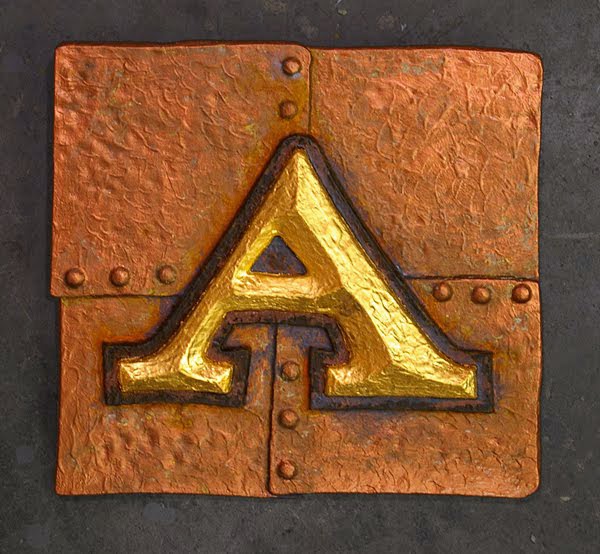Next to the type of CNC machine we buy the next biggest decision will be the software we choose. Like the hardware we first have to educate ourselves in order to make the choice that fits our needs. In my case I was first advised by my MultiCam dealer who sold me the machine. He looked over the type of work we were currently doing and then asked me some questions. What did I want to do with the machine? How computer savy was I? Where would we go from here? I really could fully answer only one of his questions.
I knew little about computers or how to operate them. More importantly I did’t want to become a computer guru. I wanted to think about things as an artist and I didn’t want the computer or software to get in my way. I wanted a software that was relatively easy to use. I also wanted a software with no limits as my skills grew.
My MultiCam dealer recommended EnRoute. He said it was less complex than some routing softwares out there and more capable than others. He said that getting my ideas into EnRoute software and ultimately to the machine was relatively intuitive with this program. But (there is always a but) the software did have a learning curve.
I’ve since met thousands of router folks from around the world. All I have met were in my position at one time, staring at this new program and wondering how to use it. It seemed daunting. Most learn to do one thing first and that is cut shapes. Then they get into production and hopefully learn more down the road.
We took a very different approach. I was determined to learn how to do the things I wanted to do before we put a single paying job on the MultiCam. I wanted to make fully dimensional art. The machine was capable as was the software. The technician who set up my machine showed me how to use EnRoute to do some cutting of shapes with my MultiCam but he couldn’t do any more than that. I wanted the machine to do much, much more. I just had to figure it out and there was no one out there to teach me.
The solution was to open the manual and get to work. I generally make it a point to never read a manual but in this case I had no choice. I worked between other projects in the shop and I gave myself lots of time to get this right. Rather than simply do random projects I decided to create small panels which I would use as samples in the showroom.
They measured about eleven inches square. The samples would be routed from 1″ thick, 30 lb Precision Board meaning this was an investment of a little less than one full sheet (plus the material I wasted because of mistakes). Each would feature a different letter of the alphabet. Twenty-six panels in all and each one would be different. Each would have unique lettering styles, different textures and backgrounds. While I was at it I would paint each one and learn painting, gilding and glazing techniques along the way. Many samples I routed were poor or went horribly wrong. These went into the dumpster. then I went back to the drawing board. With each piece, success or failure I learned something. Sometimes the software did something unexpected. I took note and squirreled the technique away for future reference.
It took me two months to accomplish the task. At the end of that time I had twenty-six wonderful samples hanging on the wall and I knew enough about EnRoute to begin my first creative projects. As expensive as the software was that money paled in comparison to my in-depth time spent with the software and it was a sound investment in my future. I knew then that my knowledge of the software was still tiny compared with what it could do.
In the next installments I’ll start at the beginning and show the basics of EnRoute. Then, we’ll work our way up in complexity to some real fun stuff. If I can do it then so can anyone else.
Trust me.

